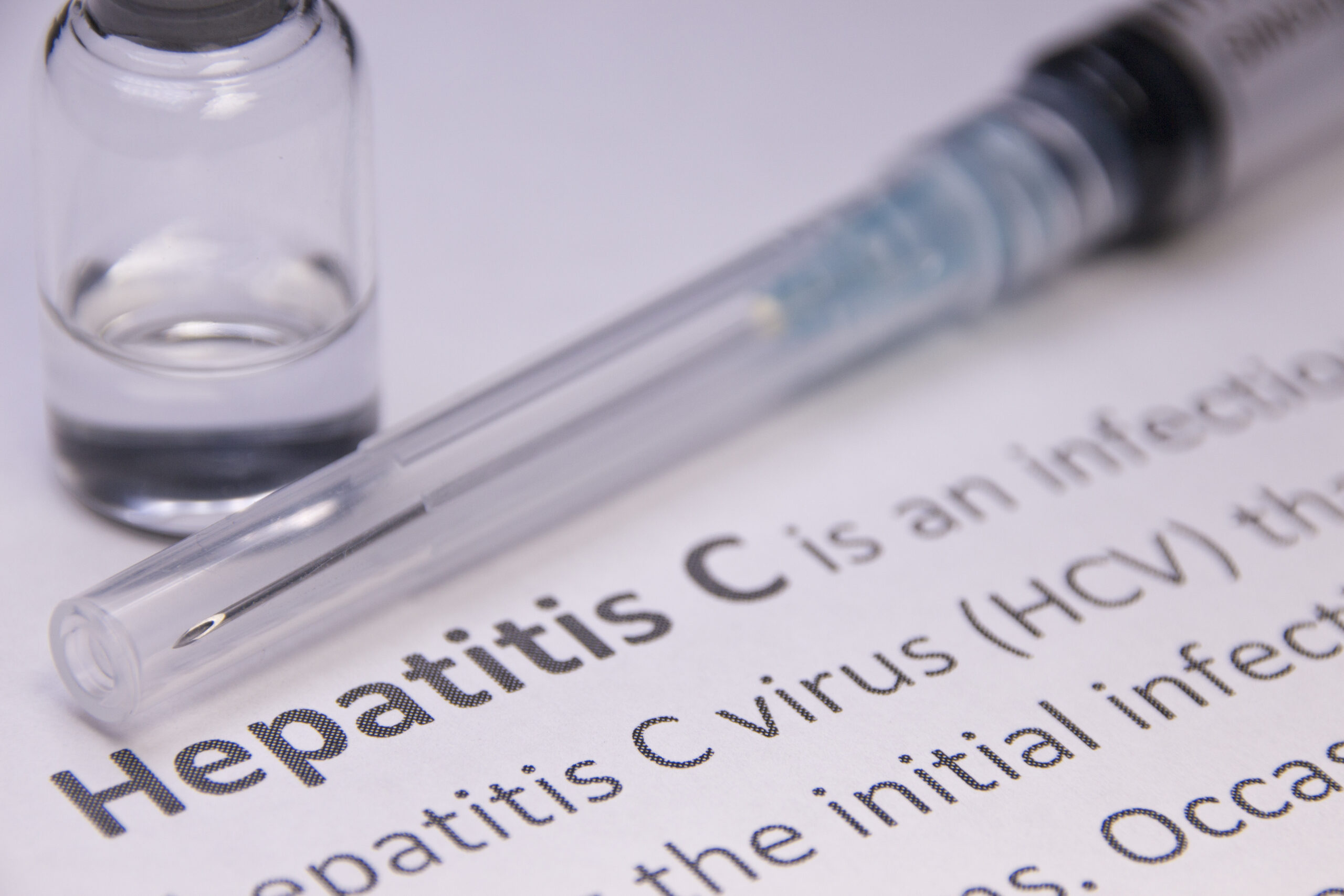
Health News
Features
-
Community Care Sponsored by Central Florida Health Care
Help for Uninsured Patients With Hepatitis C
-
Hot Topic
Area Doctors Help Us Clear Up Common Summer Skin Care Myths by TERESA SCHIFFER Summer is officially here and it’s time to catch some rays! Here in Central Florida, we don’t really need to do much in order to get our daily dose of vitamin D from the sun, but many folks still enjoy heading…
-
Why Detection Is Key
Prostate Cancer Very Treatable If Diagnosed Early by TERESA SCHIFFER Prostate cancer is among the most common types of cancer found in men (second only to non-melanoma skin cancer), and the second-leading cause of cancer death among men in the U.S., claiming over 34,000 lives each year nationwide. Though this may seem grim, it’s not…
Columns
-
Kybella Injections Target Fat in Chin, Neck
If you’re self-conscious about the appearance of your chin and neck area, Kybella might be for you. Kybella is the commercial name for deoxycholic acid, a product that kills fat cells. This acid actually already exists in our bodies, just in the digestive system. It breaks down fats so they’re more easily digested. It can…
-
What is Bell’s Palsy?
By: Edward Attaway, O.D. Bell’s Palsy is a condition in which one side of the face typically experiences temporary paralysis, often lasting from 3-6 months. It results from a dysfunction of the 7th cranial nerve, also referred to as the facial nerve, which controls the muscles on the side of your face. Affected muscles include…
-
When Do You Visit the Doctor for Hives?
Hives are itchy patches of skin that turn into swollen, itchy welts. They can vary in size. Chronic hives are defined as hives that last for more than six weeks and return over the course of months or years. The cause of chronic hives is often unknown. These welts are caused by some reaction that…




